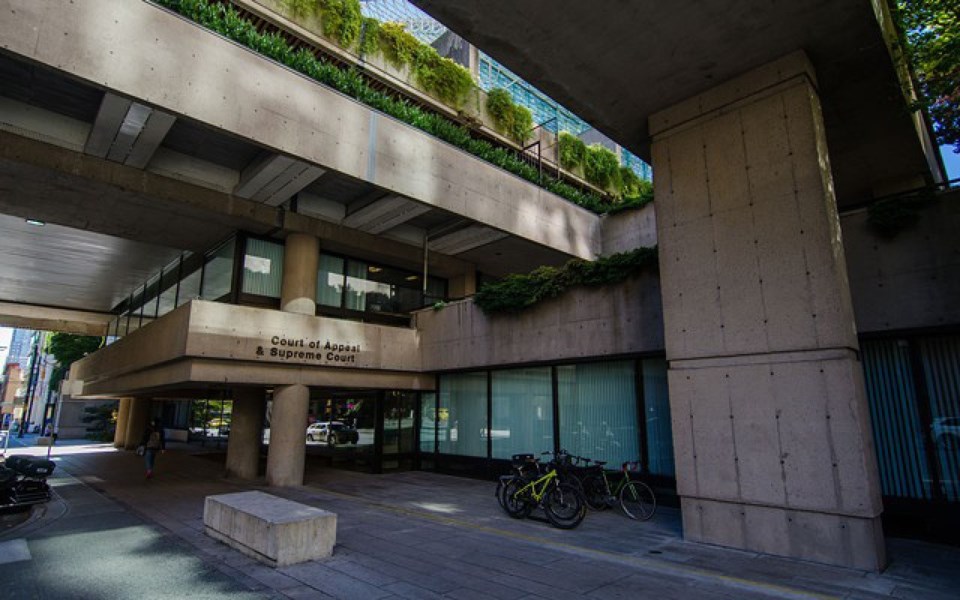A 2019 Supreme Court of B.C. judgment that Resort Municipality of Whistler (RMOW) tourist accommodation bylaws are "reasonable" and within municipal authority to enact was upheld by the Court of Appeal for B.C. on April 7.
"The Phase 2 covenant and bylaws requiring that strata units be placed in a rental pool operated by a single licenced rental pool manager were challenged and were upheld," said Mayor Jack Crompton at the April 21 council meeting.
"The Court of Appeal decided that the RMOW does have the statutory authority to enact the zoning amendment bylaw. The Court of Appeal concluded that the covenant did not exceed the RMOW's statutory authority, and it is not vague or uncertain by requiring the use of a rental pool program."
The decision upholds the RMOW's regulation of the approximately 4,000 Phase 2 accommodation units (which restrict owner use to 56 days a year) in the resort, Crompton added.
"I would say it's one of Whistler's real competitive advantages," he said.
"This is an incredibly important decision for Whistler as it confirms the legality and the efficacy of some of our most important tourism management tools, so it's a big deal for our town."
The bylaws being challenged were introduced in relation to the RMOW's Tourist Accommodation Review conducted in 2016 and 2017.
According to the RMOW, they were meant to address the new trend of online nightly rentals, and reinforce the requirement that all nightly rentals in stratas operate under a single, front-desk booking system.
But in a petition to the Supreme Court last year, two owners at Whistler's Cascade Lodge—Brent Lokash and Marla Coleman—argued the RMOW doesn't have the authority to compel individual strata lot owners to participate in a rental pool arrangement (read more in Pique, June 1, 2019: "Resort Municipality of Whistler bylaws 'reasonable,' Supreme Court judge rules").
In its 37-page judgment released April 7, the Court of Appeal referred repeatedly to a Supreme Court of Canada decision from December 2019, noting that "the landscape in respect of judicial review has shifted" since the decision in that case (Canada v. Vavilov).
"The change is that there will now be a presumption that reasonableness is the applicable standard in all cases," wrote Justice David Tysoe in the judgment.
In other words, as a result of the Vavilov case, the new standard of review on appeal is to decide whether the decision was reasonable, rather than correct.
Through that lens, the Court of Appeal found the RMOW's bylaws to be reasonable.
While he didn't agree with the initial Supreme Court ruling, Lokash understands the court's ruling on appeal.
"The Supreme Court decision I didn't think was as sound. It was based on different reasoning. And I always felt that whatever the outcome of the Court of Appeal decision was, if it was based on good reasoning, and it was, and it followed precedents and all that, it would make sense. And it did," he said.
"The Supreme Court decision, to me, the way it kind of got there didn't really make a whole lot of sense, in my opinion. But this Court of Appeal decision I think is a good decision."
The RMOW's new bylaw actually goes a long way towards making a difficult situation—strata corporations and hotels working together on the same page—tenable, "so long as owners get involved," Lokash added.
"That's sort of our route, is to get the ownership involved in Cascade, to be a part of the process and to approve the rental manager," he said.
"I actually very much agree with (Crompton), that it is a very important tool—just a tool that probably still needs a bit more refinement."




